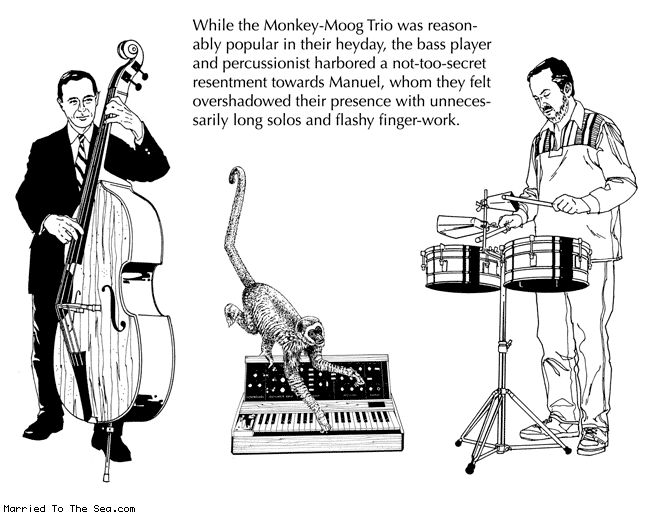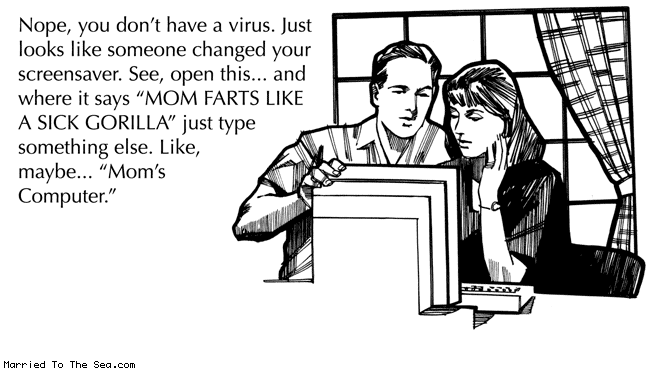 And Tango Makes Three, the true story of two male penguins who parented a baby girl penguin in the Central Park Zoo, has been causing a shit storm since it came out in 2005, but I did not read it until tonight, after finding it in the Buy One Get One Free bin at Borders. And I have to say, it's a really good book. For one thing, it feature monkeys ("There are monkey dads and monkey moms raising noisy monkey babies ... and cotton-top tamarin families too"). For another, it's a sweet story about parenting and families and it does a nice job presenting animals as creatures with emotions and intention, which is great if you, like me, want to raise compassionate kids who respect other living beings.
And Tango Makes Three, the true story of two male penguins who parented a baby girl penguin in the Central Park Zoo, has been causing a shit storm since it came out in 2005, but I did not read it until tonight, after finding it in the Buy One Get One Free bin at Borders. And I have to say, it's a really good book. For one thing, it feature monkeys ("There are monkey dads and monkey moms raising noisy monkey babies ... and cotton-top tamarin families too"). For another, it's a sweet story about parenting and families and it does a nice job presenting animals as creatures with emotions and intention, which is great if you, like me, want to raise compassionate kids who respect other living beings.For those folks who are freaked out by this book, I think it's important to remember that it's about penguins, for goodness sakes. Reading about gay penguins will not make a kid gay. Everyone knows that gay men are the result of overbearing mothers. Lesbians, on the other hand, are the result of girls seeing Linda Carter as Wonder Woman in the formative years. Facts.





























